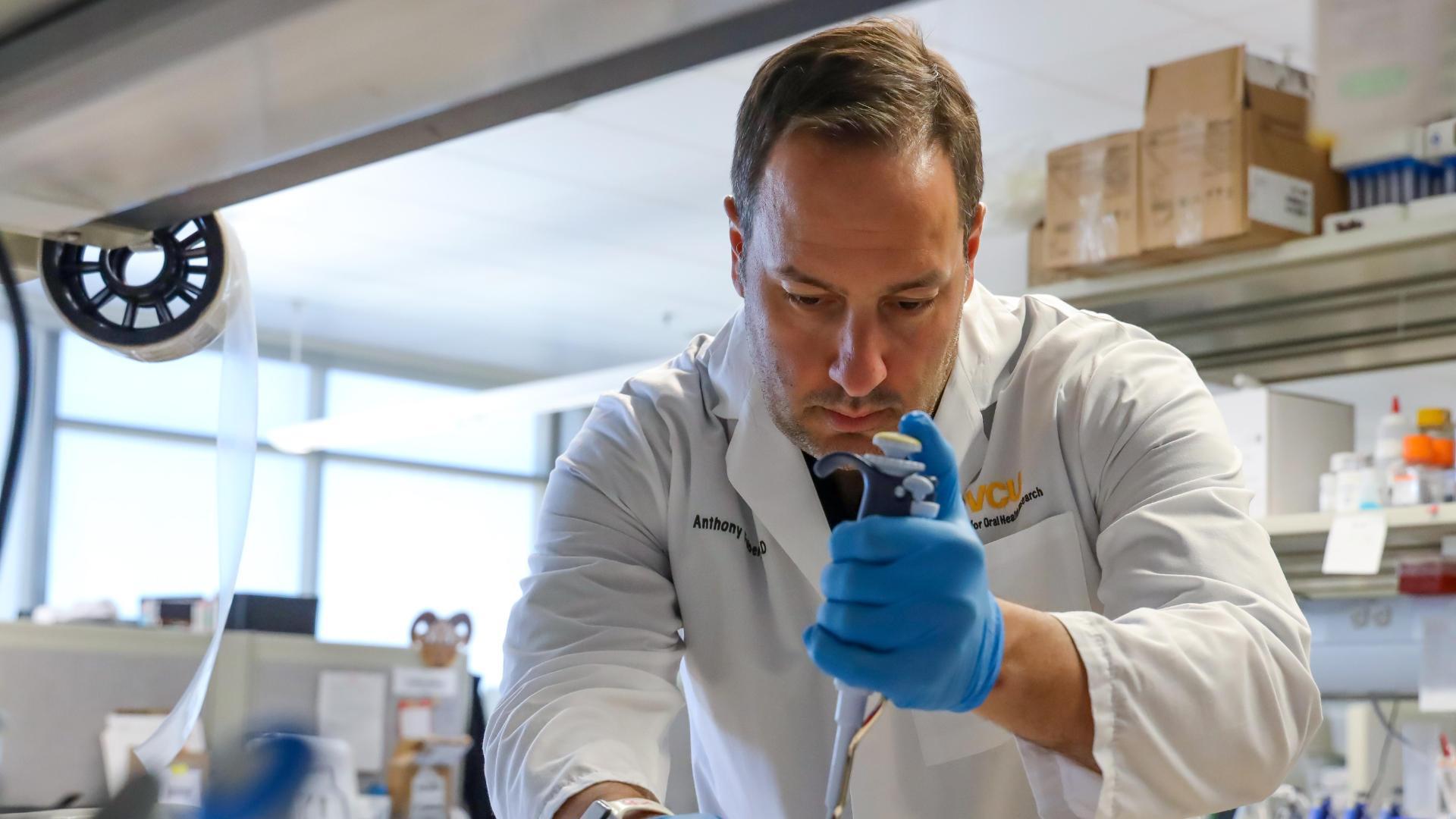Cancer

The focus of cancer research in the Philips Institute is to gain understanding of fundamental genetic and cellular mechanisms that contribute to the formation of cancer and to exploit this understanding for therapeutic gain. In order to do this, we employ a variety of techniques and approaches including bioinformatics, molecular and cellular biology, pharmacogenetics and animal modeling. The ultimate goal of research within the Institute is to provide novel diagnostics and therapeutics that will help in the battle against cancer.
While head and neck cancer is a focus for the Institute there is also research being carried out on breast and lung cancer along with neuroblastoma; the underlying genetic lesions that result in cancer formation make focusing cancer research as a tissue specific disease redundant. The insights that are being made in all of the different cancers being investigated are being used to study head and neck cancer with the goal of developing novel therapeutic approaches for this disease. In recent years oropharyngeal (the middle part of the throat that includes the base of the tongue, the tonsils, the soft palate and walls of the pharynx) cancer incidence is on the increase due to an epidemic of human papillomavirus oropharyngeal cancers; this is the only major type of cancer incidence on the increase in the developed world. There are currently no diagnostics or specific treatments for this epidemic and developing such tools using bioinformatic, genetic, and molecular and cellular biology approaches is a high priority for the Institute. This work is done in collaboration with our clinical colleagues Laurence Dinardo, M.D., F.A.C.S., chair of the VCU Department of Otolarygology, and Adele Kraft, M.D. in the VCU Department of Pathology.
All of our cancer researchers are members of our NCI Designated VCU Massey Cancer Center and there are extensive ongoing collaborations with clinicians and physician-scientists working throughout VCU.